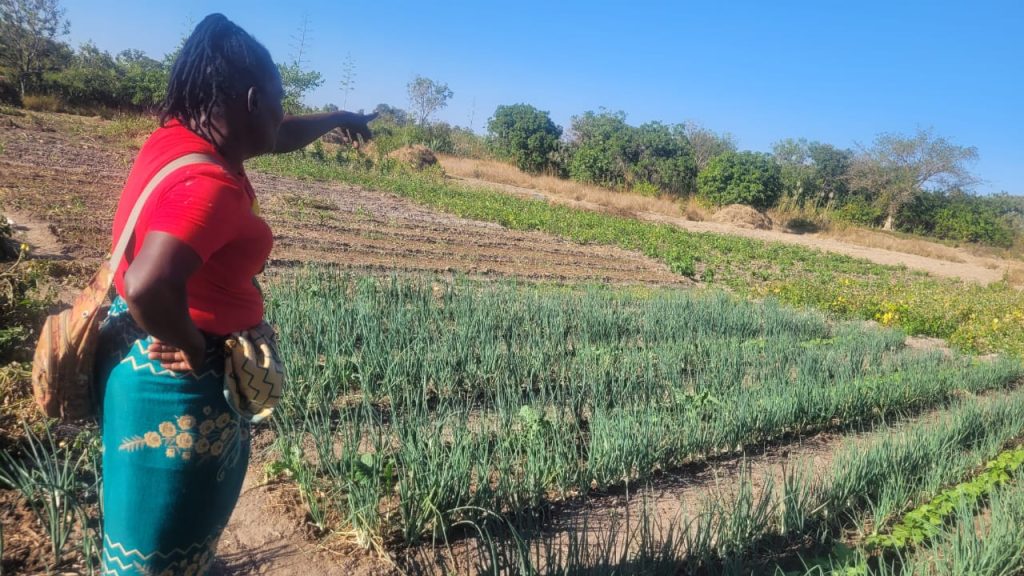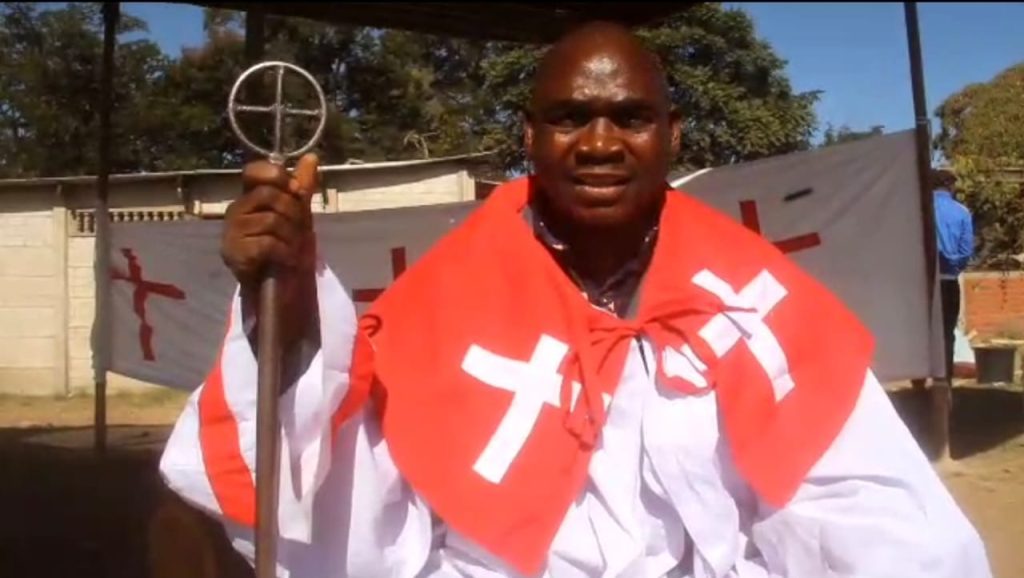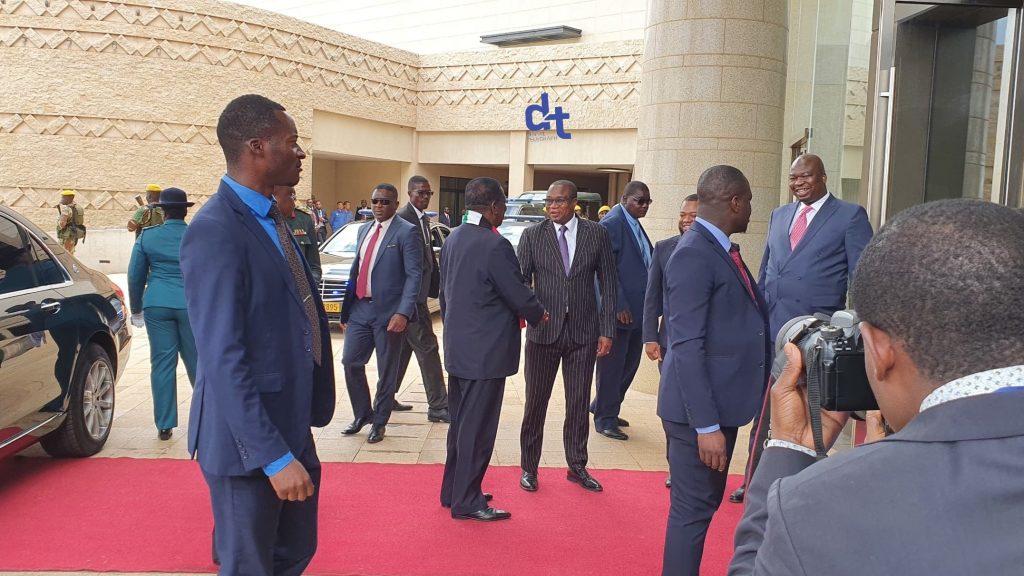Perspectives with Godfrey Mavunduse
The recent budget proposal presented by Finance Minister Professor Mthuli Ncube has ignited a wave of negative reactions from the public.
While budgets are often met with mixed responses, this year’s proposal seems to have struck a particularly discordant chord among Zimbabweans.
Let’s examine some of the key points that have triggered public backlash and delve into the implications they may have on the country’s economy and society.
One of the contentious aspects of the budget is the revision of the tax-free pay threshold to ZWL$750,000 per month, with the bonus tax-free limit set at ZWL$7.5 million.
While the government may argue that these changes are necessary for revenue generation, they are leaving many workers feeling the squeeze of increased taxation.
With the high levels of inflation and a struggling economy, Zimbabwean citizens were hoping for relief rather than additional financial burdens.
Another controversial move is the conversion of the Civil Servants Covid-19 and cushioning allowance, worth US$300, into a pensionable salary effective January 1.
This decision has left civil servants concerned about the long-term implications for their retirement benefits.
While the government may argue that this move ensures financial security for civil servants, many workers would have preferred the allowance to remain as a separate and immediate benefit during these challenging times.
Furthermore, the introduction of the Domestic Minimum Top Up Tax (DMTT) has raised eyebrows.
While the intention behind this tax may be to increase revenue and address income inequality, its implementation has been met with resistance.
Critics argue that it places an additional burden on already struggling households, further deepening the financial hardships faced by ordinary citizens.
The budget proposal also includes provisions such as setting aside funds for sanitary wear to support disadvantaged girls, which is a positive step toward addressing gender equity and improving access to education.
However, the positive aspects of the budget are being overshadowed by the unpopular decisions that have garnered public attention.
The increase in toll fees on premium roads, passport and CVR fees, and the introduction of a two cents levy per gramme of sugar in beverages have further fueled public discontent.
These measures, while potentially aimed at revenue generation, are seen by many as placing an undue burden on already strained households.
One notable inclusion in the budget is the introduction of a 1 percent Wealth Tax on residential properties valued at a minimum of USD$100,000.
While this may be an attempt to address wealth disparities, its implementation and potential impact on property owners need to be closely scrutinized to ensure fairness and avoid unintended consequences.
Lastly, the restriction that only licensed and registered businesses will be allowed to procure goods from manufacturers has raised concerns about potential monopolistic tendencies and limited market access for small and informal businesses.
The move may inadvertently stifle competition and hinder economic growth at a time when diversification and entrepreneurship are crucial for Zimbabwe’s development.
The negative public reaction to the budget proposal reflects the deep-seated frustrations and economic challenges faced by Zimbabweans.
It highlights the need for the government to engage in transparent and inclusive dialogue with citizens when formulating policies that directly impact their lives.
It is crucial for the government to listen to the concerns raised by the public and consider alternative approaches that strike a balance between revenue generation and easing the burden on ordinary Zimbabweans.
Ultimately, the success of any budget lies not only in its ability to generate revenue but also in its capacity to address the needs and aspirations of the people it serves.
As Zimbabwe navigates these challenging economic times, it is imperative that the government takes into account the public’s concerns and strives to create a budget that promotes social welfare, economic growth, and equitable development.
Only through such cooperation and collaboration can Zimbabwe move toward a more sustainable and prosperous future for all its citizens.





